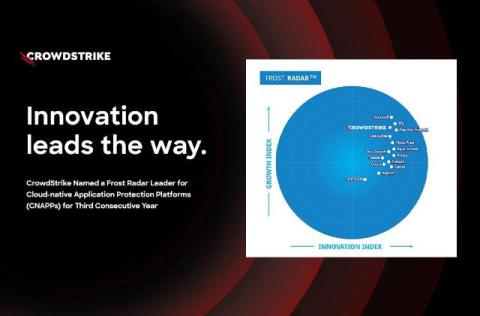How to Master Data Management in IoT: Tips and Techniques
Effective data management in IoT is essential for leveraging the vast data generated by interconnected devices. This article provides practical tips on collecting, processing, storing, and securing IoT data. Discover how to overcome challenges like scalability and data quality and implement strategies for better decision-making and operational efficiency.











